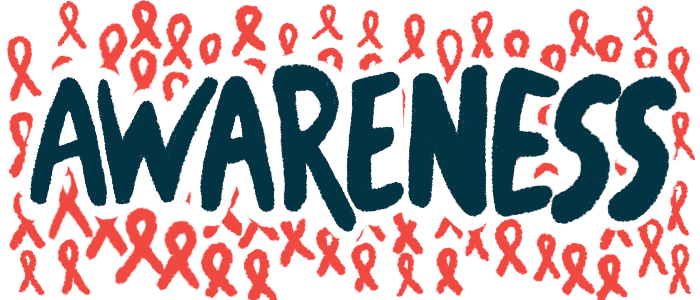Several initiatives on tap for Fragile X Awareness Month in July
Activities include fundraising, illuminating buildings, and advocating in Congress
Written by |

July is Fragile X Awareness Month, and this year, there are many ways to help build and spread knowledge about fragile X syndrome, collect funds for research, and advocate for those living with the rare genetic disease.
To encourage people to stay engaged in the countdown to World Fragile X Day on July 22, the National Fragile X Foundation (NFXF) has put together a list of awareness-raising activities that can be done not just during the month of July — but all year round.
Activities include helping families of newly diagnosed patients navigate their journeys through the disease, bringing them into the community network, motivating families to participate in Fragile X studies and trials, and advocating in Congress for policies that provide opportunities to access early diagnosis and treatment.
The foundation also made available virtual backgrounds for Zoom and Teams meetings and printable cards featuring information about the disease that is estimated to affect about 1 in 7,000 males and 1 in 11,000 females, and how it may manifest in social contexts.
Fragile X syndrome causes delayed development and behavioral challenges linked to autism. In unexpected situations, patients may feel anxious and confused, making it hard to answer or follow instructions. They may show unusual behavior and be sensitive to touch.
Each day throughout the month of July, NFXF is posting a fact about fragile X on their Facebook page and other social media platforms that can be shared with family and friends, using the hashtags #fragilex and #fragilexawareness.
“Each day we will present a new shareable fact for you to share on your social media and with family and friends! Help raise awareness for #FragileX by sharing the facts along with your story,” the foundation wrote on a Facebook post.
Community members are also asked to nominate an “Xtraordinary individual” in their lives to help raise awareness.
For example, patient Sam Hatam was nominated by his parent, Rick, who wrote: “Colton has the biggest heart and draws everyone to him. … [He] gives his best in the sports that he plays and at school. He teaches me every day to have patience and to work hard to overcome the obstacles that are placed before you. … Colton has taught me more in his 10 years that I will ever teach him.”
In addition, several events will be held across the U.S. throughout the month. These include a virtual friendship session for siblings and self-advocates on July 23, a virtual educational discussion on the importance of advocating for a child with fragile X on July 19, and a family meeting at Children’s National Hospital Fragile X clinic, in Washington, D.C., on July 20.
Another initiative to draw attention to fragile X syndrome is X Strides 2024. Participants can register to walk or run as an individual or as part of a new or existing team, set up a fundraising page, or donate money to support a chapter. The registration includes a T-shirt. Last year, more than 800 people participated in X Strides.
July also is the month of NFXF International Fragile X Conference, which this year will be held July 25-28 in Orlando, Florida. The educational and empowering event brings patients, families, healthcare professionals, and researchers together. Registration for on-site and online participation is still open.
World Fragile X Day, started by the FRAXA Research Foundation in 2021, brings the worldwide community together to recognize progress in fragile X research. Landmarks, bridges, and buildings light up by night in teal blue or orange to celebrate those living with fragile X syndrome.
Besides gathering at one of the many illumination sites, which can be found on an interactive World Fragile X Day Activity Map, the foundation also urges people to spread the word on social media and request a proclamation from their city or state to recognize July as awareness month.
Other ways to observe Fragile X Awareness Month and Day include attending webinars or workshops, organizing a fundraiser or get-together with families of patients, and inviting local clinics and hospitals to host educational events.






